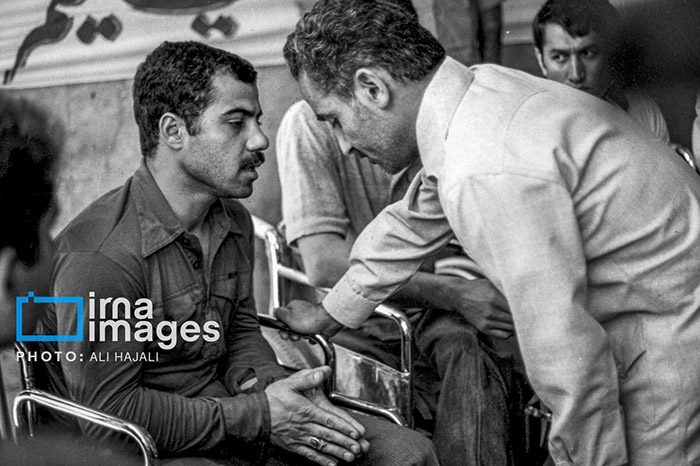Rajai’s presidency was characterized by his commitment to the principles of the Iranian Revolution. He emphasized the importance of Velayat-e Faqih (the guardianship of the Islamic jurist) and sought to strengthen the role of Islamic institutions such as the Islamic Revolutionary Guard and the Islamic Revolutionary Court. Rajai believed that the government should be firmly rooted in Islamic principles and that those in positions of power must be devout Muslims.
One of Rajai’s first acts as president was to appoint Mohammad-Javad Bahonar as Prime Minister. Bahonar, like Rajai, was a staunch supporter of the Islamic Revolution and shared Rajai’s vision for an Islamic state. Together, they sought to consolidate the gains of the revolution and ensure the stability of the Islamic Republic.
However, Rajai’s presidency was cut tragically short. On August 30, 1981, just four weeks after taking office, Rajai and Bahonar were assassinated in a bombing at the Prime Minister’s office. The attack, which also claimed the lives of six other officials, was a devastating blow to the Islamic Republic. The bombing occurred just two months after the Haft-e Tir bombing, another deadly attack that had targeted the leadership of the Islamic Republican Party.

